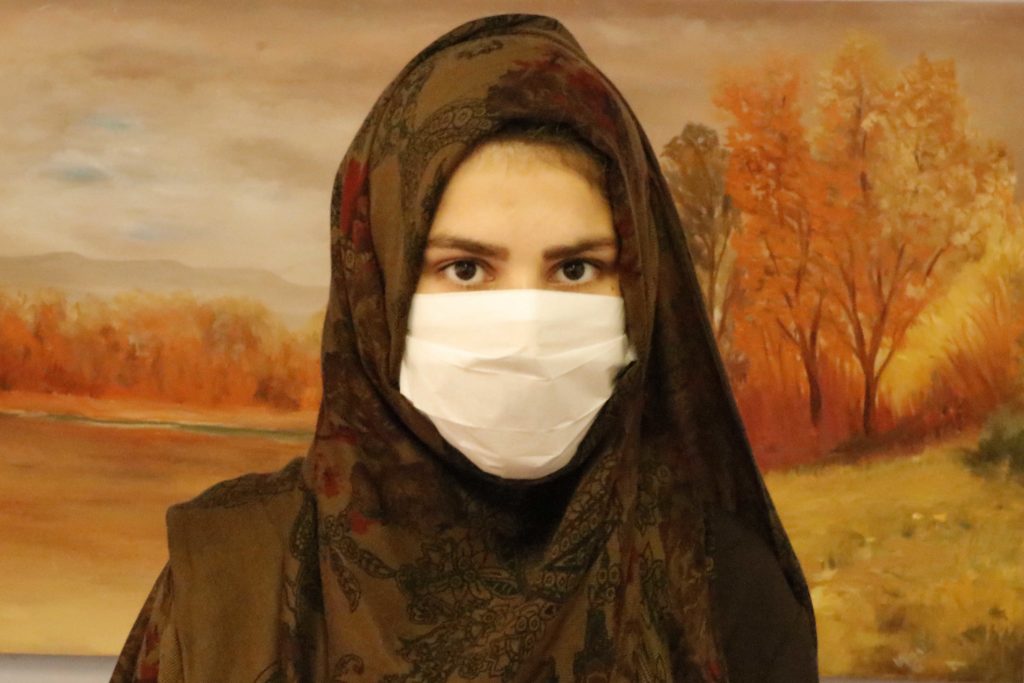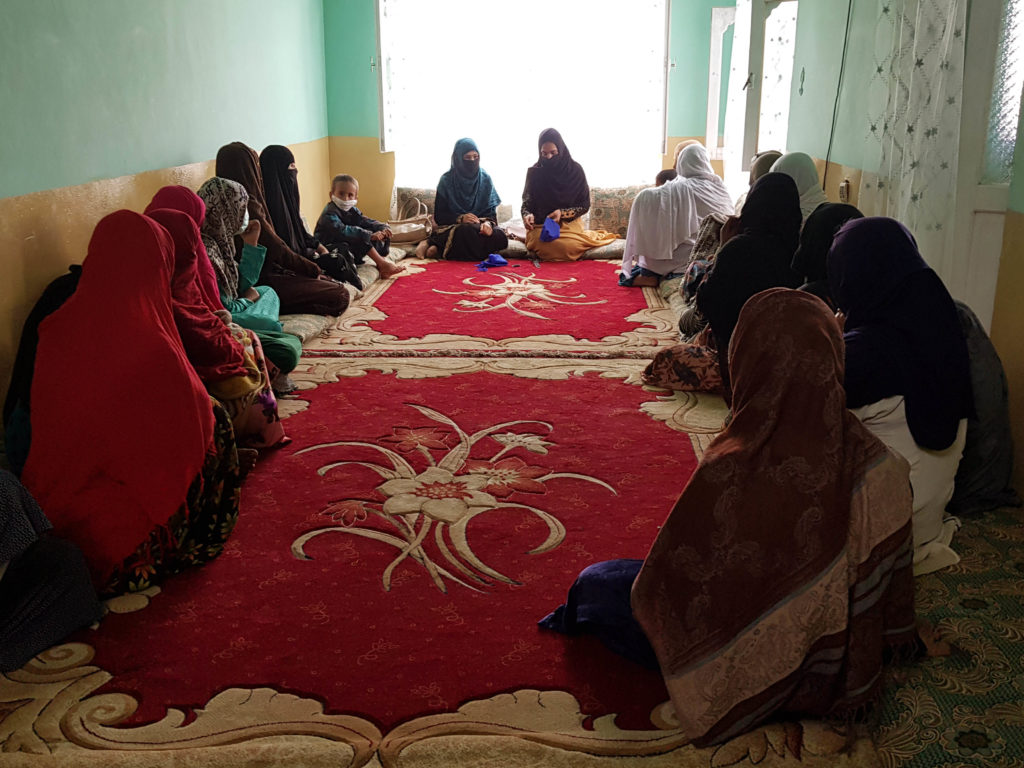Zamzama is a young woman from Laghman province who recently finished school and volunteered for community work. She says: “I am very fortunate that my family has supported me in my studies, and I’m able to discuss my wishes and dreams for my life with them. Many Afghan girls do not have the opportunity to study, while some are not even allowed to leave their homes. Their families seem to think that women’s role should be confined to housework and there is no need for them to have a meaningful social life outside.”
Respect for women is an important element in Afghan culture but, as Zamzama says: “Placing so many social constraints on women is not a sign of respect – they need to realize the hopes and aspirations they have in their lives.”
All human beings need a social life to ensure their well-being and develop a sense of identity, whether they are male or female, she stresses, and adding “I meet once a week with the women of my community to have fun and share ideas. These gatherings are a way to help girls whose families do not allow them to be educated, by building confidence in our interactions so that parents will see how much these matter to their daughters, and they’ll perhaps understand the importance of education for all.”
To engage the women in her community, Zamzama organizes regular outings for women and girls to visit places outside their homes, including historic sites that are part of their shared history. This has enabled women of all ages to get to know each other and share ideas and life experience.
Samar Gula, a 45-year-old woman and mother who went on one of these trips, says: “At first I wasn’t sure about the outing, but was curious and wanted to meet others. Listening to the girls’ opinions made me think about my own life, and realise that an education and engagement in social activities for my daughters will make their lives better and contribute to our family.”
“I have experienced many challenges in my life and, being illiterate, I’ve struggled to overcome these” Samar Gula says. “I believed that a woman should focus on taking care of the household and stay at home, but today I learned that I could have done so much more for myself and my family had I understood the importance of an education.”
Samar Gula believes that every problem has a solution, adding: “I now understand that every woman in the community has a wider responsibility beyond her family. From now on, I will try to fulfill both my family responsibilities as well as those to my community so as to find solutions to our shared challenges.”
Zamzama explains: “Girls in my community who face few family restrictions are lucky, like me, but they should try to motivate others to let their daughters benefit from opportunities for education in order to ensure a developed society for the future.”















